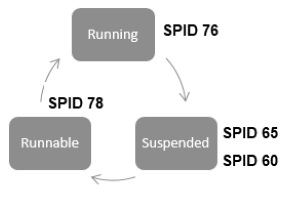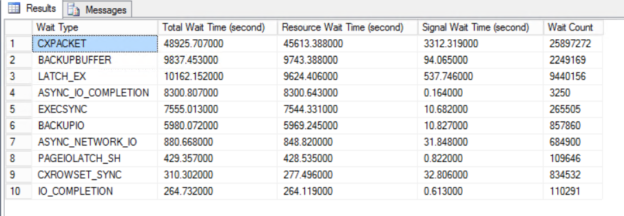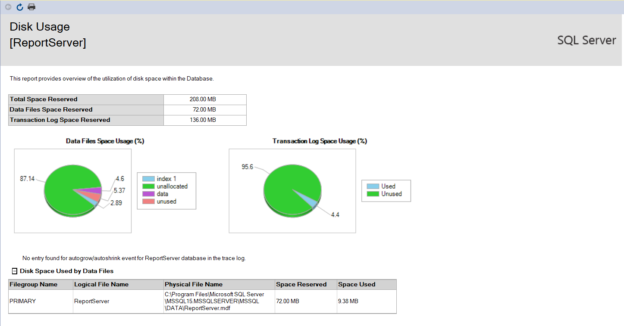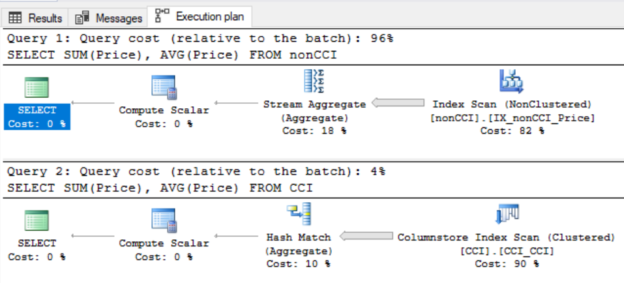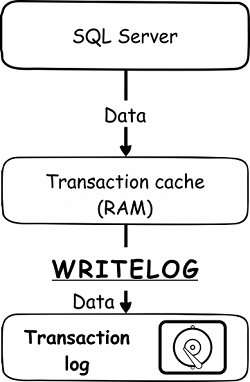Background
On occasion, I’ll see waits that exceed what I expect well above normal and a few of them have some architecture and standards to consider following when troubleshooting, though like most waits’ issues, there can be other underlying factors that are happening as well. In this article, I investigate the three waits ASYNC_NETWORK_IO and WRITELOG. In general, waits vary by environment and server, so before reading this article an immediate question to ask is, “Do you know what’s normal for yours?” When a wait suddenly spikes, or if the architecture is designed in a manner that should prevent a specific wait from consuming time, and yet you see that the wait does, I would be concerned. In addition, because applications and environments differ by architecture, you may want to consider other troubleshooting steps, as these may not apply to your situations.
Read more »

